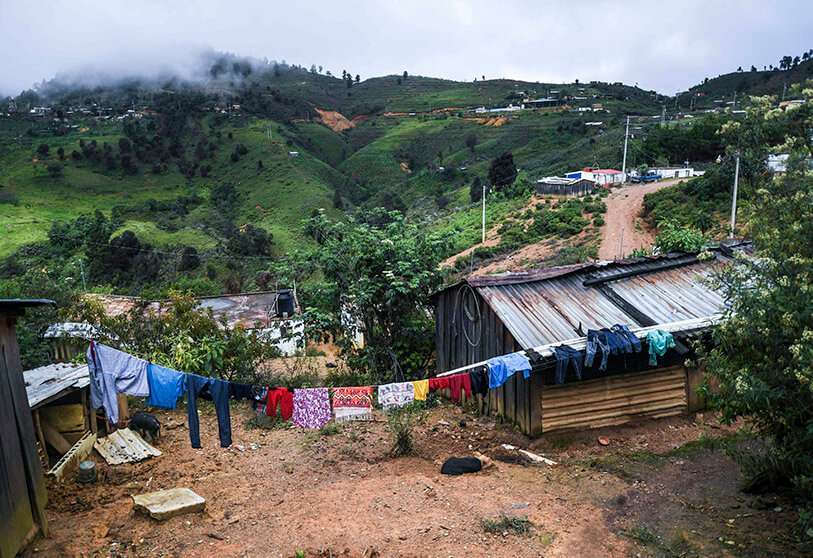Latin America faces the economic crisis as a result of the COVID 19

The pandemic has had a strong impact on the economy of Latin America, which is already suffering from a series of shortcomings such as reduced fiscal space, greater social polarisation, fragmented social protection systems without universal coverage, a labour force with a high level of informality, the lowest growth in the last seven years, higher debt rates and new middle classes that still show signs of vulnerability.
Throughout the report "More Ibero-America, a decisive commitment to the region", which includes the activities carried out by the Ibero-American Business Council-CEIB, the Ibero-American General Secretariat-SEGIB and the Ibero-American Federation of Young Entrepreneurs-FIJE, the keys to the different measures implemented by the business organisations before the COVID 19 in this region are provided.
According to World Bank forecasts, the region will decrease by 7.2% this year; and the Economic Commission for Latin America and the Caribbean (ECLAC) predicts that in this period there could be 30 million more people in poverty, of which 16 million would be in extreme situations.
The Inter-American Development Bank (IDB), for its part, estimates that around 12 million jobs will be lost in the formal sector and that the informal sector will increase from 54% to 62%.
Contingency and social protection measures have already been adopted for the unemployed, SMEs, MSMEs and vulnerable groups; but in the opinion of business leaders, these are still insufficient packages of measures, especially when it comes to expanding essential services and protecting the population and the business fabric. Stronger national and more decisive international responses are therefore needed.
Stronger action by international financial institutions and development banks is needed now more than ever. It is true that there have been many joint initiatives from governments, business and civil society, building a strong platform for collaboration in recent years.
The countries of Ibero-America have implemented support instruments to overcome the current crisis, translated into concrete measures, mainly economic, with the aim of helping companies, workers and the population in general. Without them it would not be possible to achieve the recovery of the productive fabric, of jobs and of all sectors, which contribute to the growth and development of countries.

For their part, Ibero-American business organisations have suggested and demanded a series of urgent concrete proposals to guarantee the well-being of society and firm support for the productive fabric.
In most countries a series of economic, fiscal or social-labour initiatives have been adopted, such as a moratorium on the payment of taxes and social security in order to give companies flexibility; the temporary suspension of employment contracts; the reduction of working hours to avoid dismissals; and temporary state bonuses or subsidies for people who are left without income. In addition, many countries have established grace periods for the payment of penalty-free loans or working capital funds.
At the enterprise level, measures such as guarantee funds or soft loans are important to ensure that enterprises do not lack liquidity and that there is no solvency problem.
Experts in these areas are calling attention to the fact that these packages of measures are sufficient in all areas in the same way. In the developed countries these measures represent 20% of GDP, while in the developing countries they represent only 4%, so they consider it essential to appeal to the International Monetary Fund and the financial institutions of the Region to help the most vulnerable countries. A global crisis such as this requires a global response.
On the other hand, measures have been put in place to support businesses in the area of electronic commerce, facilitating partnerships between institutions, governments and ecommerce platforms, in clear support of SMEs, also helping them to acquire the skills and capabilities needed to make the final leap to digitalization and thus promote greater opportunities for marketing. In addition, the most vulnerable groups and the most affected sectors have been taken into account, especially in the field of services, such as tourism.
We must bear in mind that when we come out of the crisis, supply will continue to exist, but demand will deteriorate greatly. For this reason, business organisations consider it essential to articulate not only national frameworks, but also in the Ibero-American space, in order to achieve the integration of the different policies, and they recall that there can be a very rapid recovery depending on what we do now. It is a question of saving lives, the economy, employment, enterprises and caring for workers; it will depend on all these factors that we have to face a temporary and non-structural crisis.








